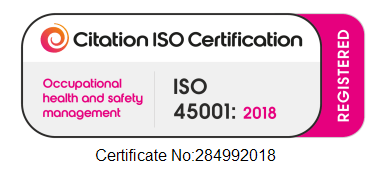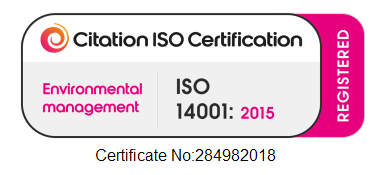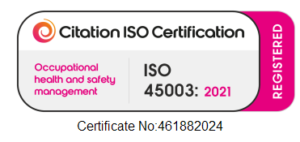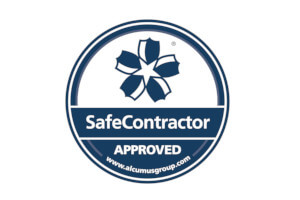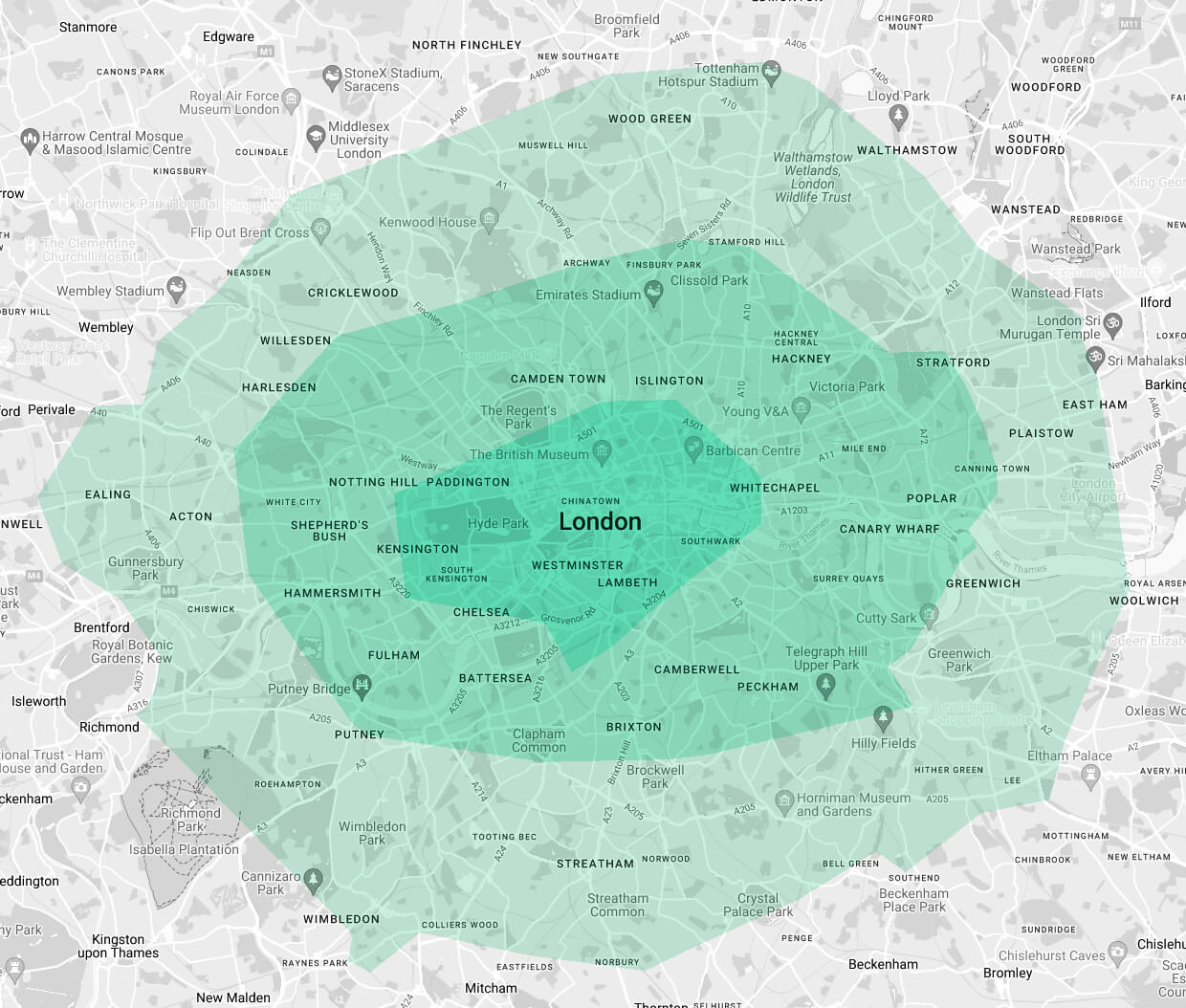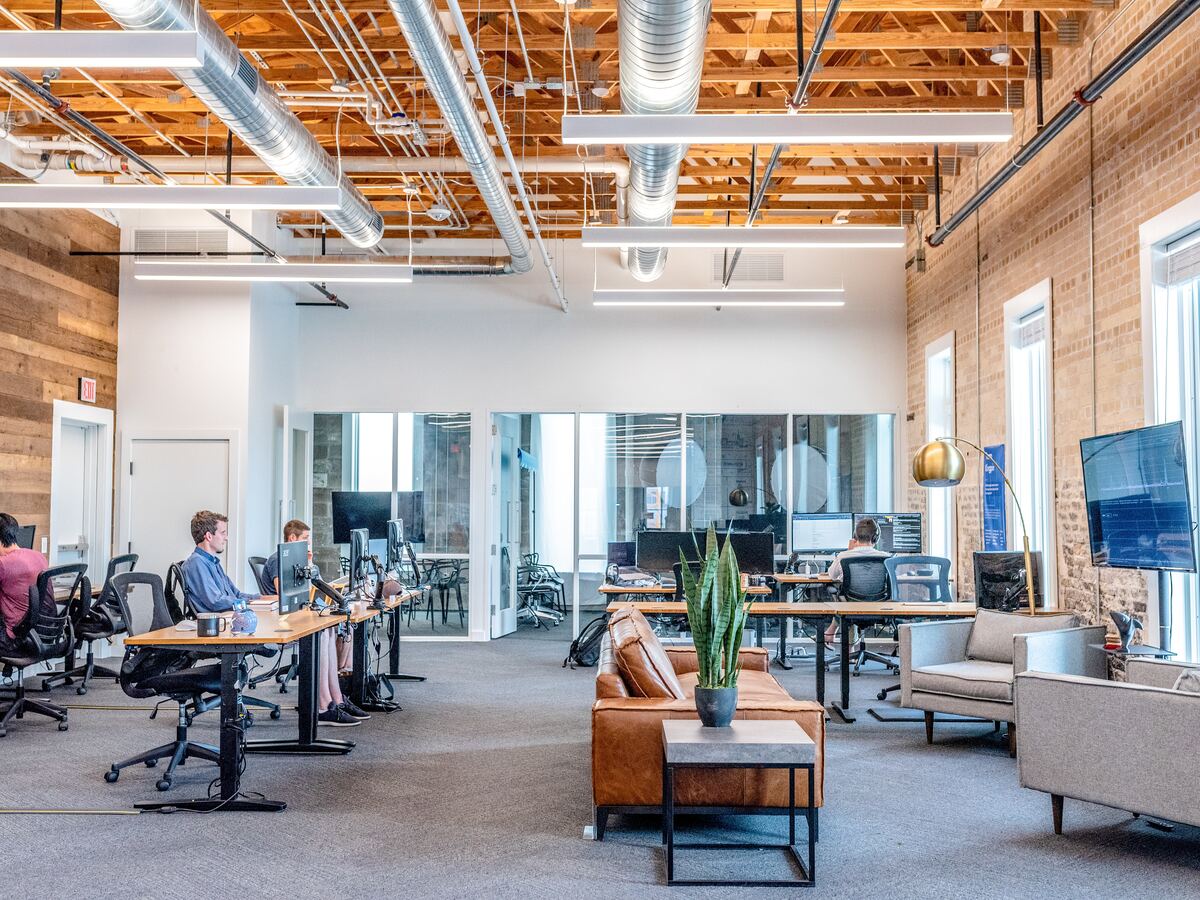
In the ever-evolving landscape of modern business, the concept of a traditional workplace is undergoing a profound transformation – that’s where a flexible workspace office comes in.
With the rise of flexible working arrangements many entrepreneurs, startups and established businesses are embracing the idea of flexible office space planning as an alternative to conventional fixed office workspaces.
In this blog, we take a look at flexible offices – exploring what they are, their benefits and the importance of maintaining a clean workspace in these dynamic environments.
The definition of a flexible workspace
Flexible office spaces offer short-term and adaptable leasing models. Typically, offices and other commercial spaces are rented with long-term leases, often from five to ten years.
However, shifting attitudes towards working full time in an office have been accelerated by the pandemic and developments in technology. Now hybrid working is common and as such, many organisations are finding they don’t need such a permanent, or long-term, office.
The nature of this flexibility also has a physical impact on the workspace. In short, differing requirements between renters and shared working areas with multiple companies often necessitate a versatile office layout.
Unlike traditional office setups with fixed layouts, flexible offices offer a range of spaces and amenities that can be customised according to the specific requirements of the occupants.
Flexible workspaces – office types
Flexible office space can come in various forms, each tailored to the unique needs of businesses. Some common types include:
Coworking space: These are open, collaborative work areas where individuals from different companies share the same space. They are perfect for freelancers, remote workers and small startups.
Private office: Private offices within flexible offices offer the privacy and security of a traditional office but with the added benefits of shared amenities and a collaborative environment.
Managed office: A managed office space is a subtype of flexible offices that includes a range of services beyond the workspace itself, including cleaning, administrative support and utilities.
Serviced office: Similar to a managed office but with less exclusivity over the areas for work, with companies often sharing access to communal, flexible spaces or other facilities.
The benefits
Businesses can effortlessly scale up or down in terms of space and services as their needs change. For example, a startup with a small team can start with a few desks in a coworking space and later transition to a private office as they grow.
Flexible offices often provide cost savings compared to traditional office setups. Businesses can avoid large upfront investments in office equipment and infrastructure, as these are typically included in the rental package.
Of course, shorter lease terms also allow companies to reduce their financial commitments with a lower initial outlay. Flexible offices also promote collaboration and networking opportunities.
Sharing a workspace with other professionals and businesses can lead to new partnerships, ideas and opportunities for growth. Many coworking spaces organise events and activities to encourage interactions among their members.
For small businesses and startups, a flexible office can provide a prestigious address and access to high-quality facilities. This can enhance their professional image and credibility in the eyes of clients and partners.
In a similar vein, flexible offices are often located in central areas of cities, giving businesses access to sought-after locations without the associated costs of traditional office rentals.
This location flexibility can be a significant advantage for businesses aiming to attract talent or serve specific markets.
Maintaining a clean workspace is crucial in any office environment, but this takes on added significance in flexible offices where multiple businesses share common areas.
The importance of a clean workspace in flexible offices
A clean and hygienic workspace is essential for the health and well-being of all occupants. In a shared office space like kitchens, meeting rooms and restrooms, the risk of germs and bacteria spreading is higher.
There are several benefits to a clean office space for employees. For starters, regular cleaning and sanitisation can boost productivity and help improve staff morale, creating a healthier environment and reducing the chances of illnesses.
Clients, partners and visitors are more likely to form a positive impression when they see a clean and organised workspace. This contributes to the overall professional image of the occupants.
Tenants in flexible offices expect a certain level of cleanliness and maintenance as part of their lease agreements. Therefore, daily office cleaning can help ensure tenant satisfaction and retention.
To achieve and maintain a clean and welcoming workspace in a flexible office, many businesses turn to professional cleaning companies who can create custom cleaning plans based on the specific requirements of a flexible office.
This includes determining the frequency of cleaning, areas that need attention, plus any additional services like carpet cleaning, window washing and disinfection.
A tidy and well-maintained perfect office space reflects positively on the businesses operating within it. Naturally, happy tenants are more likely to renew their leases and recommend a perfect space to others.
Consistency is key to maintaining a clean workspace – here is a comprehensive office cleaning checklist. Cleaning companies ensure that cleaning tasks are performed regularly and reliably, creating an environment that tenants can count on day in and day out.
What’s more, flexible office operators and tenants can save valuable time and resources by outsourcing cleaning services to professionals. This allows them to focus on their core business activities without the added responsibility of cleaning and maintenance.
Summary
Flexible offices have become a popular choice for businesses seeking adaptability, cost-efficiency and networking opportunities with minimal disruption.
They can take on different forms, each tailored to the specific requirements of the companies working there.
This is particularly important for employees returning to the office after a long time working from home or on a hybrid basis. Also, here is a comprehensive checklist if you are thinking about moving offices to a more flexible space.
Maintaining a clean and well-organised workspace in these dynamic environments is essential for health, professionalism and productivity.
If you found our flexible workspace guide helpful, please take a look at other articles on our blog. Some of our most popular articles include:
- Office Etiquette
- Indoor Team Building Activities
- Best Office Pets To Boost Workplace Productivity
- Quick Workplace Checklist
We offer the daily professional office cleaning London companies are looking for and retail cleaning in London too. We have the specialist commercial office cleaners London businesses require.
It can play a vital role in enhancing the benefits of flexible offices by providing tailored cleaning solutions, ensuring consistency as well as upholding high standards of cleanliness and hygiene.
For more information about how we can support your commercial cleaning needs in a flexible workspace environment, don’t hesitate to get in touch.
share this article



